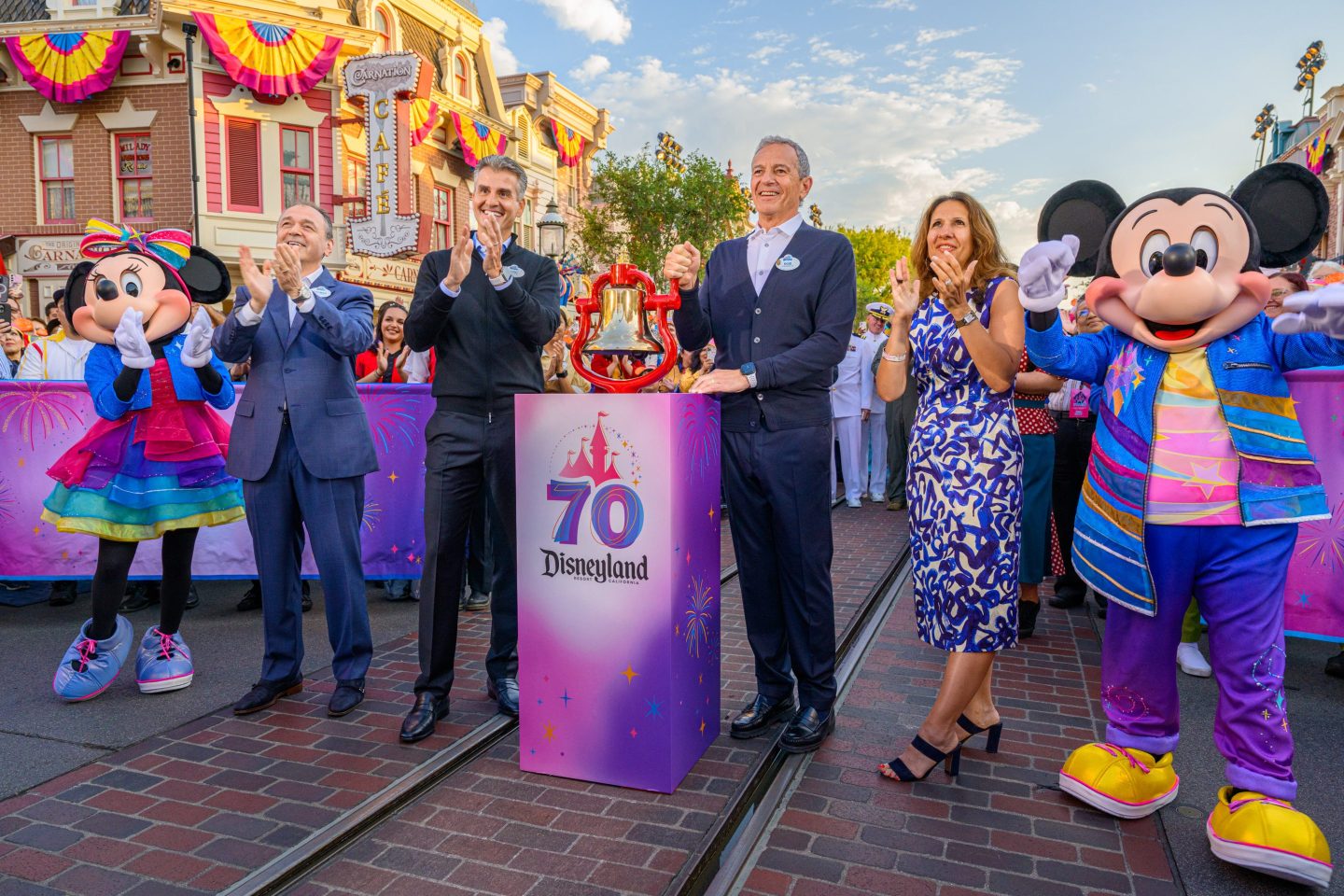Greggor Ilagan, a two-term councilman from Puna, Hawaii, learned the hard way that Tinder (TINDER) is not the ideal platform for campaigning.
The 29-year-old candidate is running for the District 2 Hawaii State Senate against incumbent Russell Ruderman, who’s going for his second term, Honolulu’s Civil Beat reports. Ilagan turned to the dating website to connect with potential voters and campaign supporters before the Aug. 13 Democratic primary.
His Tinder profile read:
Hey you! Help me make a positive difference in our community. Swipe right and let’s talk. This year, I am running for State Senate. I bet we can find common ground on issues and make a positive impact around us. Swipe right and let’s get to know each other.
He broadened his preference settings to give him the widest possible audience, allowing him to match with both men and women up to 100 miles away. But instead of the eager constituents he was hoping for, the councilman found a lot of people interested in things other than democracy.
He told Civil Beat, “There were actually a lot of guys that were hitting on me. I was always having to direct people back to the main focus.” He was expecting the one-on-one interaction to be more productive, “but it just leads to other things.” He has since stopped campaigning on the app and is now sticking to more mainstream social media platforms like Instagram, Twitter, and LinkedIn.
One thing he did learn from the experience — women are more inclined to talk about politics.












